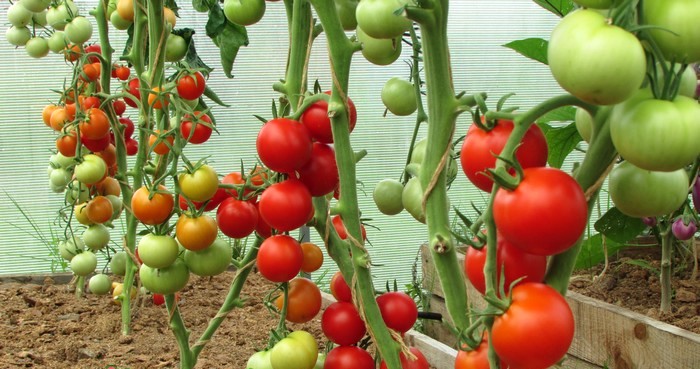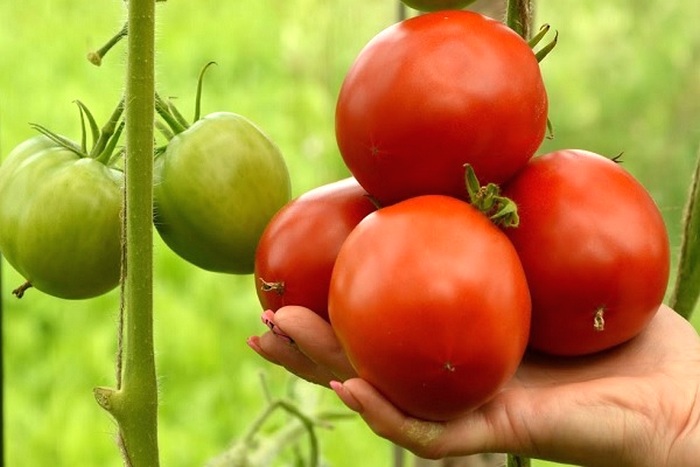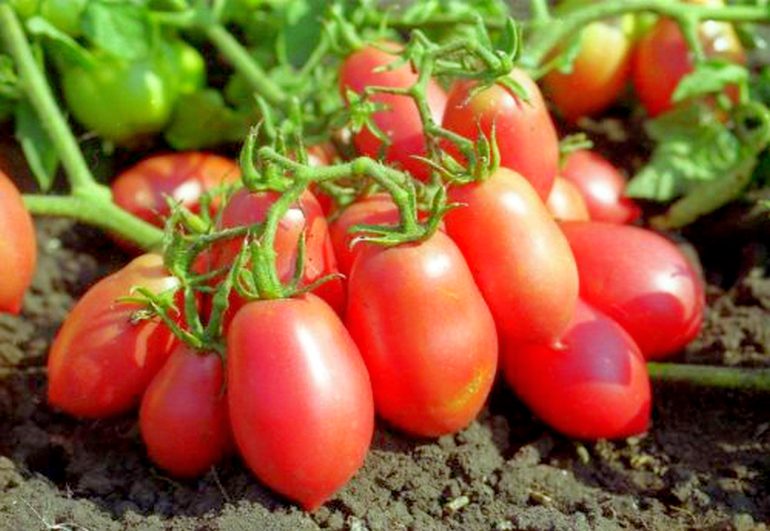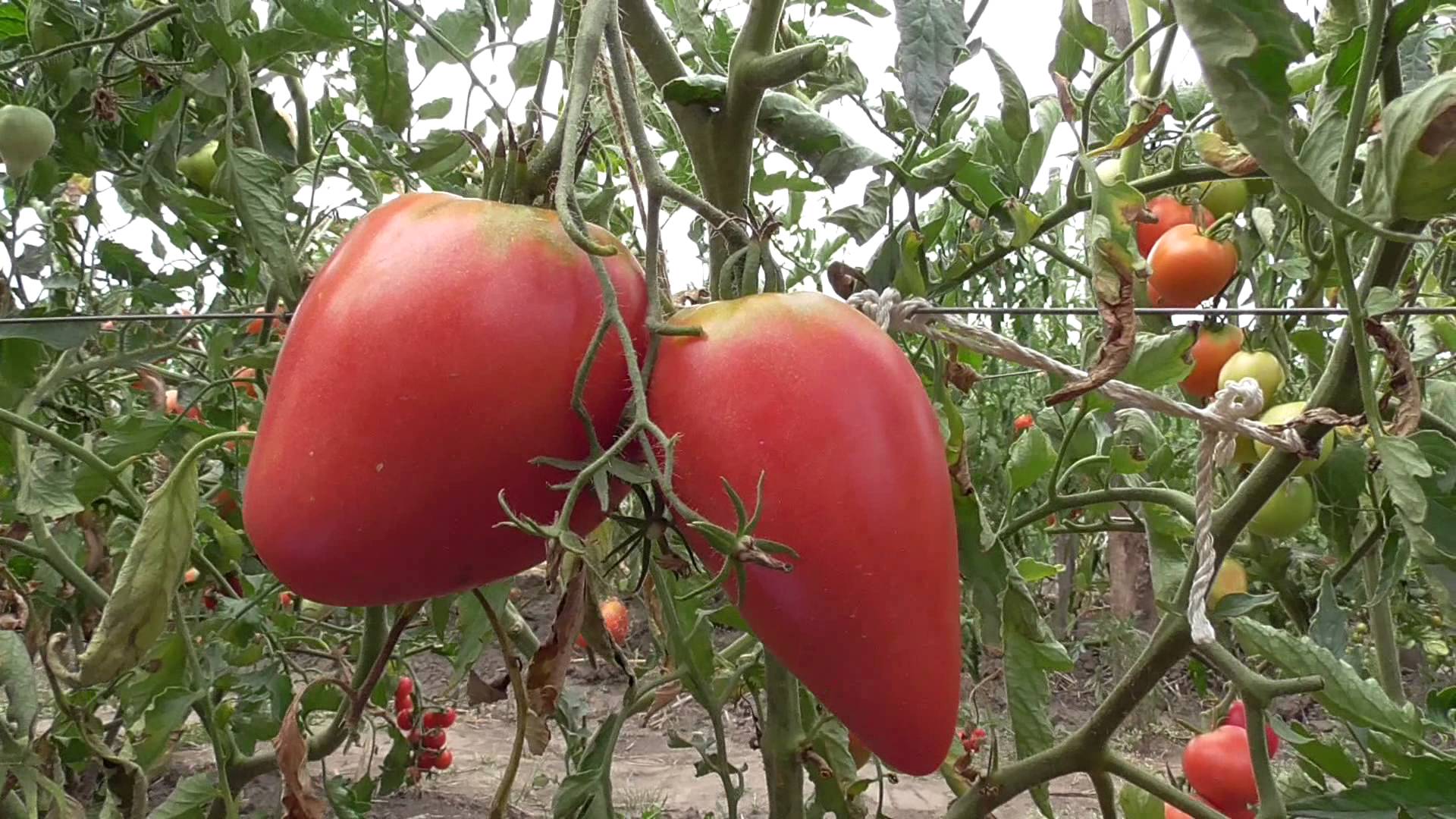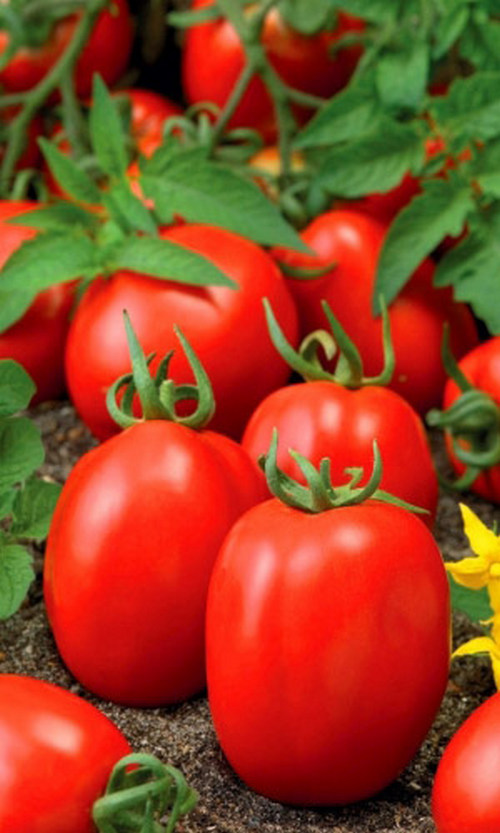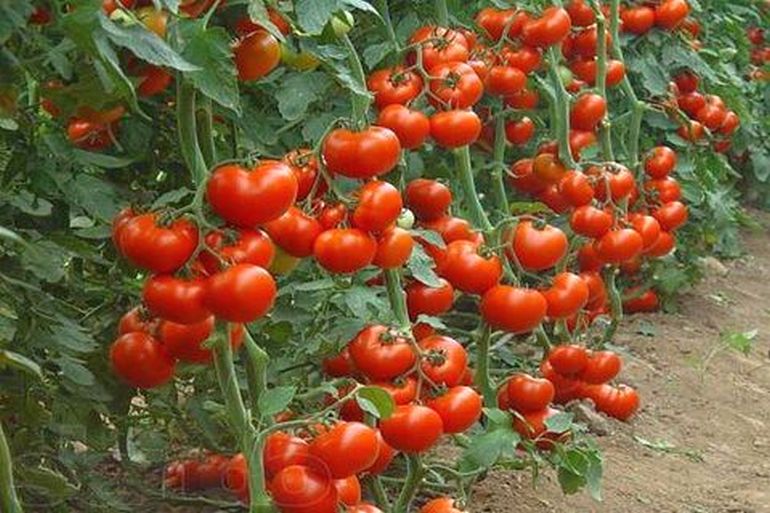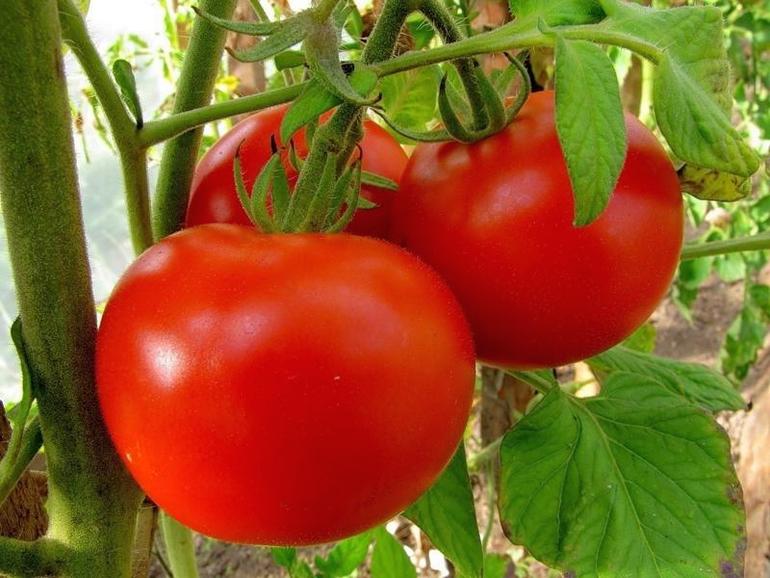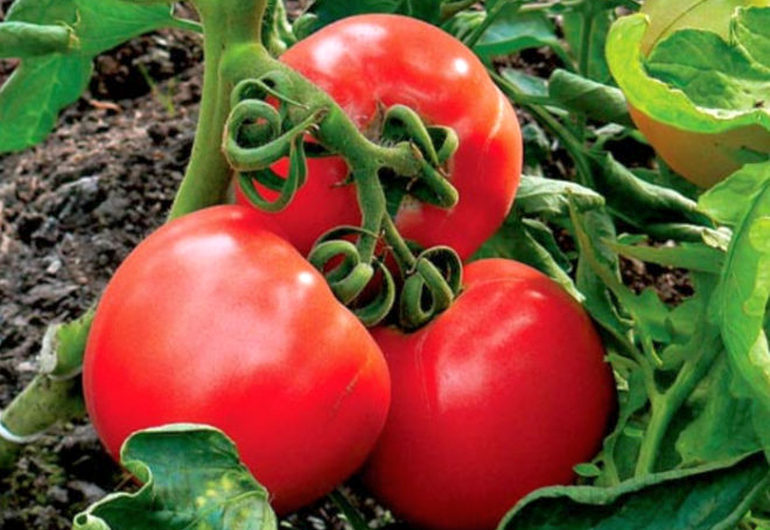Content:
Among the variety of varieties of tomatoes, the Apple tomatoes look especially attractive. Perfectly round red or red-pink fruits, abundantly covering the bush, look elegant.
Characteristics and description of the tomato variety Siberian apple
The Siberian Apple tomato was created by domestic biologists in the vastness of Siberia. The variety is adapted to harsh climatic conditions, it can be grown in various regions of our country.
In areas with long and warm summers, the Apple tomato is planted in open ground, getting a bountiful harvest of sweet, beautiful tomatoes.
The plant is classified as medium early, the harvest begins to take off 110 - 115 days after germination.
The bushes are vigorous, in greenhouses they can grow up to 200 - 220 cm. In unprotected soil, the growth of a bush is limited to 150 - 160 cm. The tomato has abundant and large foliage, the stepson formation is average.
A distinctive feature of the Apple tomato variety is perfectly even tomatoes of a rich pink-scarlet color. The mass of the fruits is 170 - 220 g, they are fleshy, with an increased amount of sugar and ascorbic acid. Gardeners have a rich sweet taste of fruits with a slight pleasant sourness. They are used not only fresh, but also for canning in whole or in parts.
The yield is at least 9 kg per 1 sq. meter of greenhouse area. In the open field, much depends on weather conditions; in a favorable summer, at least 15 - 20 full-weight tomatoes are removed from the bush.
The variety is resistant to most nightshade diseases.
Agrotechnics
Seeds are sown in January - February for greenhouse cultivation and in March for open field planting. The soil for seedlings is selected loose and nutritious (peat + sand + humus). The seeds are immediately sown in separate glasses or in common containers.
Seedling care consists in watering with warm water, picking in the phase of 2-4 true leaves, feeding twice during the growing period.
Young plants are planted in the greenhouse when buds appear on the plant. The tomato is taken out to the street garden when the weather is warm.
Caring for fruiting tomato bushes:
- regular watering at the root, without soaking the foliage;
- loosening the earth and removing weeds;
- feeding with complex fertilizers for vegetables twice a month;
- removal of the lower old leaves and stepchildren.
A healthy and strong plant that receives the necessary nutrients is rarely affected by disease. But the gardener needs to inspect the plantings and take timely measures if signs of disease or pests are detected.
Advantages and disadvantages
The variety is comparatively young, no obvious flaws have yet been identified. Gardeners love high yield, disease resistance and good tomato flavor. Farmers note the good preservation of the fruits during transportation.

